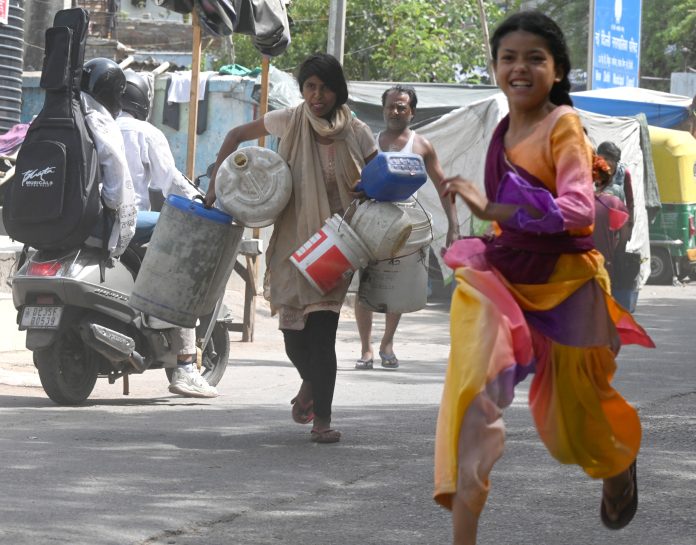Need to plug leakages as half of India will have no drinking water in just six years, says Indian Plumbing Association.
HYDERABAD, Oct 26 (The CONNECT) – Forget oil, water is the new currency!
This is the message that the 30th Indian Plumbing Conference to be held here from November 21 to 23, 2024 aims to convey to the nation,
Quoting NITI Ayog, Gurmit Singh Arora, the national president of Indian Plumbing Association (IPA), said By 2030, India will have less than half of the total water demand.
India will be able to supply 744 billion cubic meters of water against a demand for 1,498 billion cubic meters — a shortfall of over 50 per cent. “We have (already) seen Bengaluru and Chennai experiencing Day Zero with total waterless days,” Singh pointed out.
The conference theme emphasizes water’s vital role in sustainability and climate action, promoting initiatives like Green Credits and Water Credits to support India’s goal of achieving net-zero emissions by 2070.
By encouraging water-efficient technologies and aligning with national carbon reduction targets, this conference aims to enhance water management, inspire innovation, and foster economic resilience, he said.
Søren Nørrelund Kannik-Marquardsen, Commercial Counsellor, Head of the Trade Council New Delhi & Regional Coordinator for South Asia, Embassy of Denmark in India, will deliver the keynote address.
1500 plus delegates from across India and abroad will participate. Eighty exhibitors to showcase their products and services. More than 5000 visitors are expected to visit the conference cum expo.
The conference will host engaging technical sessions and panel discussions, including Water—The New Currency; Moving Towards Net Zero Water in the Built Environment; Water—Revitalizing the Heritage; High Challenges for High-Rise Buildings; Water, Sanitation, and Hygiene and Water Scenario in the Hospitality Sector
“Together, we can pave the way for a future where water is respected, conserved, and utilized to its fullest potential.”, Singh said.
In the domestic water sector, the loss of water on account of leakages in mains, communication and service pipes and valves is approximately 30 to 40% of the total flow in the distribution system, he added
He stressed the importance of Water Auditing (the process that measures and analyzes water usage to identify ways to reduce water consumption and improve water conservation).
Water Audit establishes the quantity and the volume of water being used, wastage, leakages, excess use etc and identifies areas where consumption can be reduced, he said.




